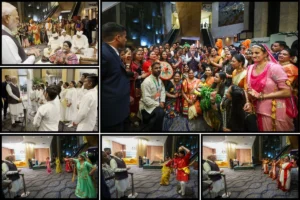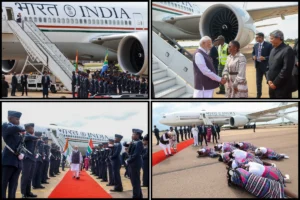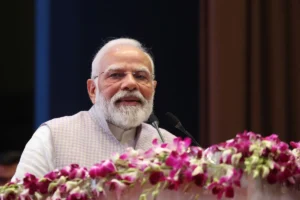
Syed Zainul Abedin, the chief of Ajmer Dargah, has advocated for an amicable resolution of disputes surrounding Varanasi’s Gyanvapi Mosque and Mathura’s Shahi Idgah Mosque, suggesting that they be settled outside of the court system. Speaking at a conference titled “Paigam-e-Mohabbat Hum Sab Ka Bharat,” organized by the Rajasthan unit of the All India Sufi Sajjadanshin Council, Abedin emphasized the importance of resolving conflicts through mutual consent.
Highlighting India’s positive role in promoting global peace through the principle of Vasudhaiva Kutumbakam (the world is one family), Abedin stressed the need for peaceful resolution of internal issues within the country. He urged for proactive initiatives to address disputes outside of legal proceedings.
Also read: Tax Appellate Tribunal Concludes Hearing on Congress Tax Dispute, Reserves Order
Abedin also addressed misconceptions within the Muslim community regarding the Citizenship Amendment Act (CAA). He clarified that upon thorough examination of the Act, it was evident that it did not impact Indian Muslims and was designed to benefit persecuted minority immigrants from Afghanistan, Pakistan, and Bangladesh. He reassured that the Act did not pose any threat to the citizenship of Indian citizens.
Regarding the ongoing disputes over the mosques, the Hindu side claims that they were constructed by the Mughals after demolishing Hindu temples. A recent development saw a Varanasi court granting permission to the family of a priest to conduct Hindu prayers in one of the cellars of the Gyanvapi Mosque’s basement. The Hindu side also cited an Archaeological Survey of India (ASI) survey indicating the presence of temple remnants within the mosque premises, further fueling the dispute.
Abedin’s call for peaceful resolution reflects a broader sentiment for harmony and mutual understanding in addressing contentious issues, emphasizing the importance of dialogue and consensus-building in resolving conflicts.
To read more such news, download Bharat Express news apps


















